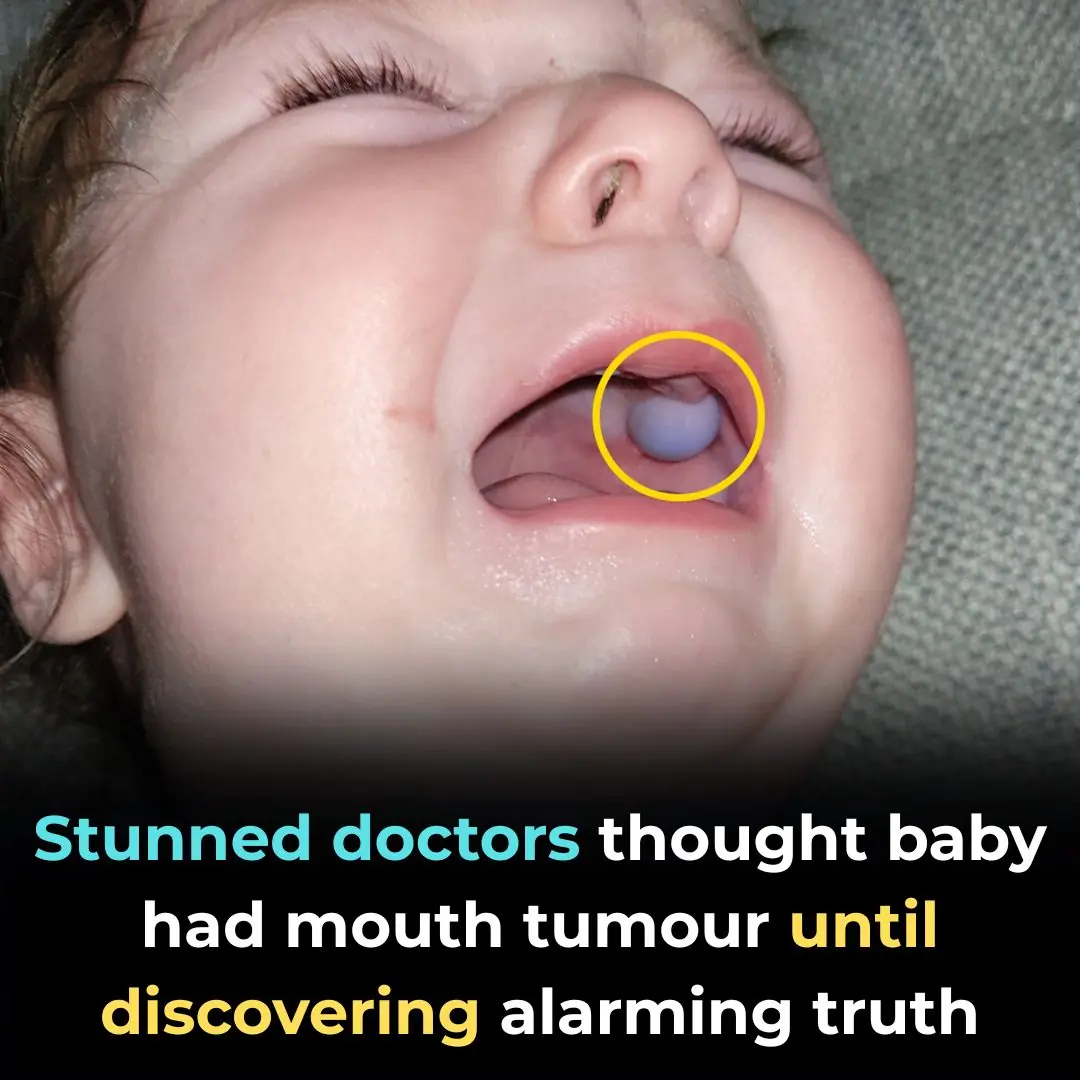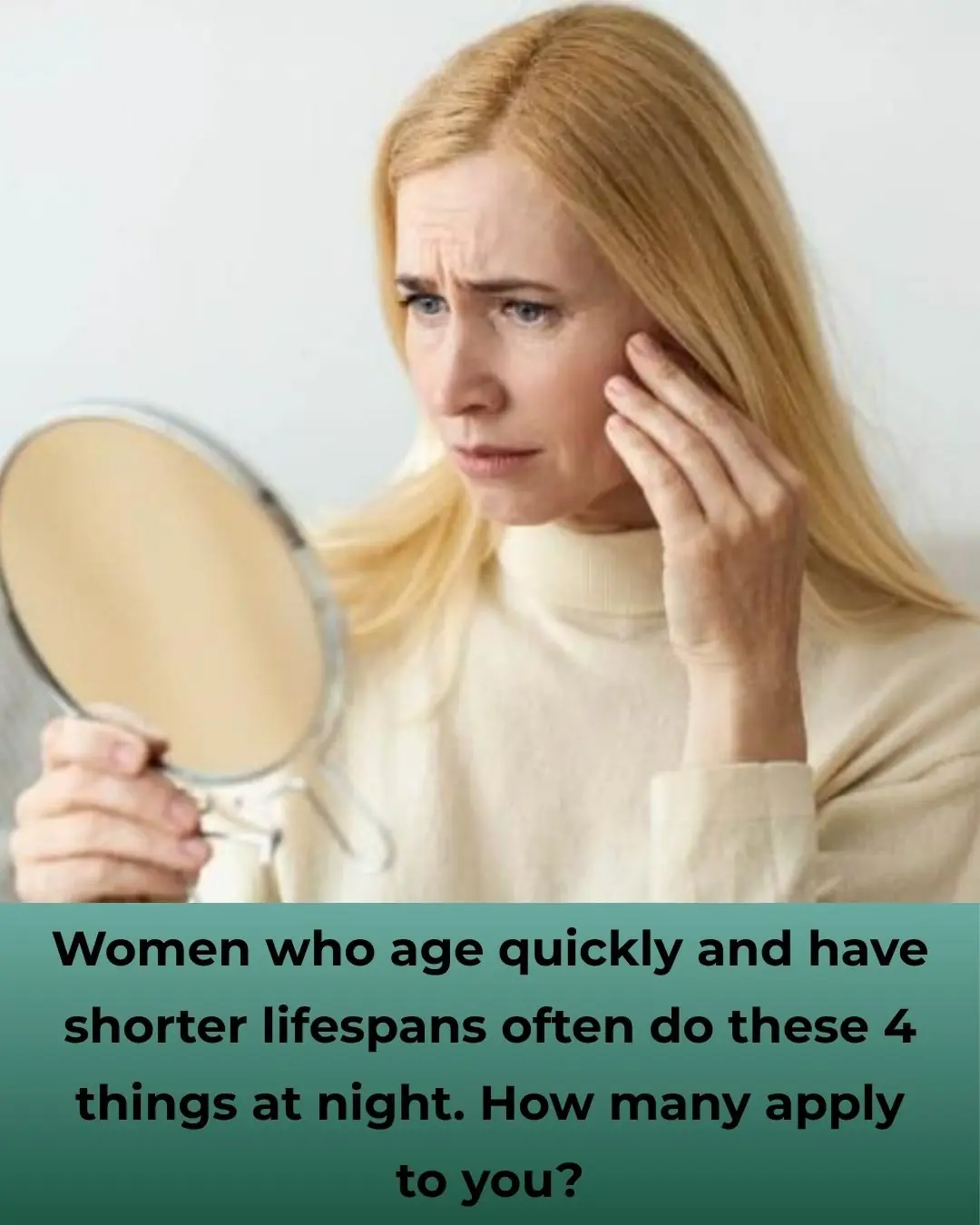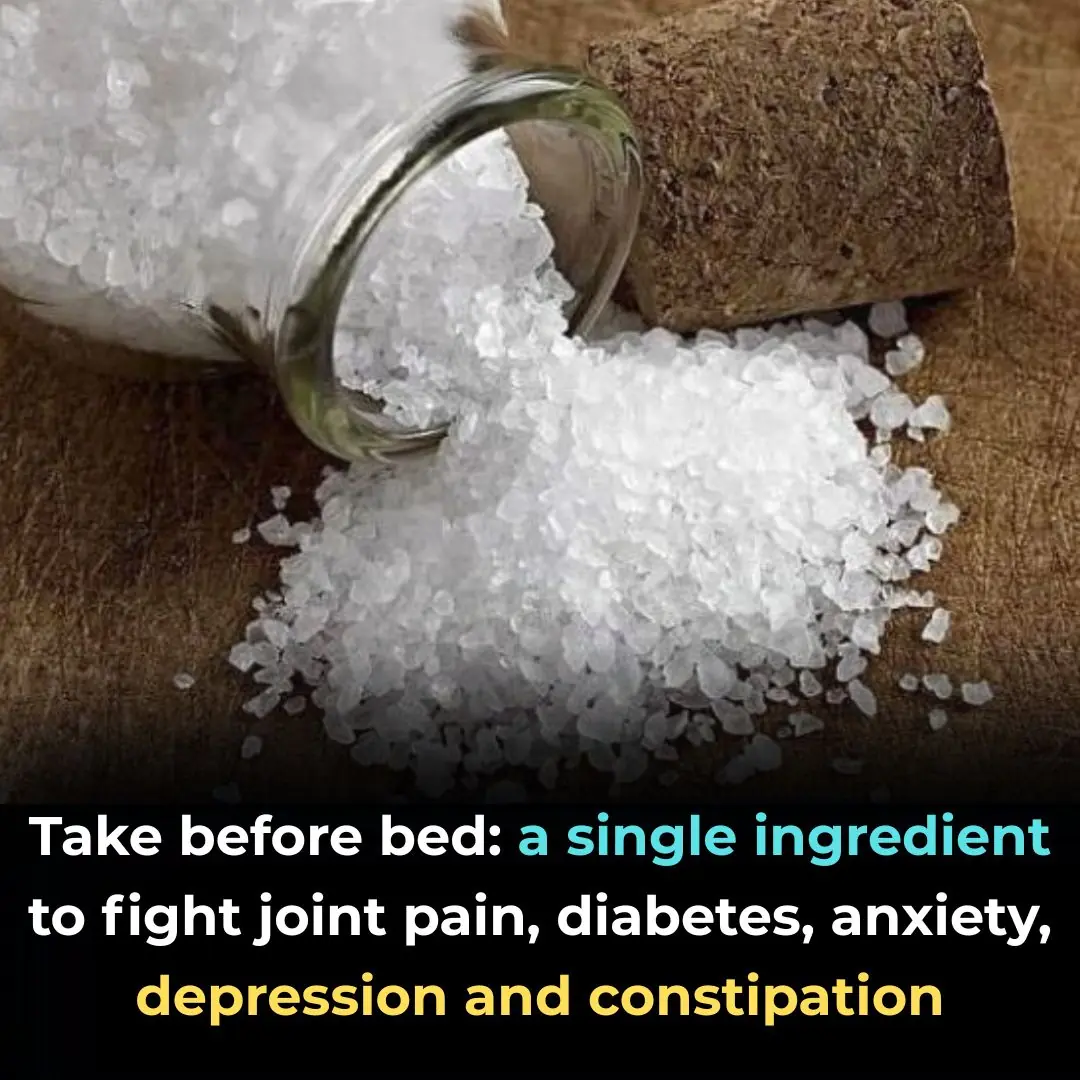
Eating Fish “for Ultimate Strength” — 30-Year-Old Woman Diagnosed with Premature Ovarian Failure, Body Full of Mercury
A 30-year-old woman, preparing to marry next year, was shocked when doctors diagnosed her with premature ovarian failure (POF)—essentially her ovaries “aging” to a 45-year-old level, making natural pregnancy nearly impossible. Although she had no known genetic disorder or systemic illness, a careful dietary history revealed her culprit: a habit of eating fish daily, especially large sea fish and sashimi, for many years.
The Case Details
According to Dr. Wang Cheng-Wei, Vice-President of the Hua Vu Reproductive Medicine Center in Taiwan, the patient Ms. T. came to the clinic complaining of irregular menstruation and pelvic discomfort during sexual activity. Her periods had ceased for over six months; prior to that they were irregular and accompanied by severe cramps. Diagnostic tests revealed very low ovarian reserve and markedly diminished ovarian function.
When investigating further, Dr. Wang ordered tests for heavy metals and plastic-additive compounds. The results showed elevated mercury (Hg) levels and high levels of phthalates/plasticizers in her body. He concluded:
“This is an important clue — chronic toxin overload can cause premature ovarian failure. The primary cause in this case was her prolonged habit of eating large predatory sea fish and raw fish (sashimi) over many years.”
Why Fish Can Become a “Risk” Rather Than a Benefit
Fish—especially sea fish—are indeed a source of high-quality protein, long-chain omega-3 fatty acids, vitamins and minerals. However, eating them incorrectly or too frequently, especially the wrong kinds of fish, can lead to serious risks:
-
Large predatory sea fishes accumulate methylmercury (MeHg) through the food chain. Humans who eat them often may accumulate mercury in their bodies.
-
Mercury is a known endocrine-disrupting chemical (EDC) which, based on animal and emerging human research, can impair ovarian function, reduce egg count/quality and accelerate ovarian ageing. PMC+2ScienceDirect+2
-
A narrative review found:
“There is a biological basis for mercury interfering with reproductive hormones and development and affecting fertility in both men and women.” ScienceDirect
-
Another study found women with higher urinary levels of heavy metals (including mercury) tended to have lower levels of anti-Müllerian hormone (AMH)—a marker of ovarian reserve — indicating that heavy metal exposure may be linked to earlier ovarian ageing. SMC España
-
Additionally, raw fish may contain thiaminase (an enzyme) and other parasites or contaminants which may impair nutrient status (e.g., vitamin B1 deficiency) or introduce toxic compounds.
The Doctor’s Warning
Dr. Wang emphasised that although eating fish is generally a healthy habit, she was practicing a dangerous version of “super-healthy” — consuming raw or large predatory fish daily, under the assumption “raw = more nutritious.” She warns:
“Mercury lodges in the body for years, cannot easily be eliminated, becomes a silent toxin to endocrine organs such as the ovaries. It also affects the nervous system, hearing, vision, even brain ageing.”
For her: the downstream effect was ovarian failure, barely reversible.
Practical Guidelines & What You Should Know
-
Choose the right fish: Prefer small, lower-trophic fish (e.g., sardines, anchovies, tilapia) rather than large predators (e.g., swordfish, king mackerel, shark) which carry higher mercury loads. ResearchGate+1
-
Limit raw / sashimi intake, especially for frequent eaters of fish.
-
Rotate your seafood sources, avoid eating the same fish species daily.
-
Screen for heavy metals if you have risk factors (e.g., high consumption of large sea fish, fertility issues).
-
Support nutrient status: Make sure you get enough vitamin B1, antioxidants and protect your endocrine health.
-
Treatment for POF: Early detection matters. In cases of toxin-related ovarian damage, reducing exposure is crucial.
Why This Story Matters
Many people believe “more raw fish, more healthy seafood” is always beneficial. This case shows how excessive consumption of the “wrong kind” of fish, particularly raw and large sea-fish, can backfire — accumulating toxins and accelerating ovarian ageing.
As one expert commented: “Fish is a blessing only if chosen and consumed wisely.”
News in the same category


Tammy Slaton Shocks Fans With Stunning Weight Loss Photos—Inside Her Transformation

Doctors Feared Baby Had a Mouth Tumor—But the Real Cause Left Everyone Stunned

31-Year-Old Father Warns Others After Subtle Symptoms Lead to Colon Cancer Diagnosis

35-Year-Old Man Dubbed the “Modern Dorian Gray” Reveals His Unusual Secrets for Staying Youthful

7-Eleven Manager Allegedly Suffocates Employee During Shift—Victim Dies Days Later

Women Who Age Quickly & Have Shorter Lifespans Often Do These 4 Things at Night — How Many Are You Guilty Of?

42-Year-Old Man Dies of Stroke Despite No Smoking or Alcohol — Doctor Warns: “How Dare You Eat This Every Day!”

“Doctor warns: 3 beauty habits you might think are harmless — but that could speed up cancer development!”

Boil Perilla Leaves with a Few Stalks of Lemongrass — Your Body Gets These 7 Excellent Benefits

Everyone Fears Diabetes — But Diabetes “Fears” These 5 Foods the Most

Drinking Plantain Leaf Tea: 5 Powerful Health Benefits for Your Body

Drink Roasted Black Bean and Ginger Tea for 7 Days — Your Body Will Thank You with 3 Amazing Benefits

“Now I Understand Why He Didn’t Want To Re-Sign Me To The Blazers’: Hassan Whiteside Says Chauncey Billups’ Gambling Habits Influenced Roster Moves

Grandfather Shows The Ultimate Support For His Granddaughter’s Budding Hair Business

The real story behind the world's deadliest computer virus

Meet Jason Brown, The Former NFL Player Who Walked Away From It All To Become A Farmer

Coach Dawn Staley to Release New Book Chronicling Her Legendary Career

Johns Hopkins Doctor Works At The Same Place His Grandmother Once Cleaned
News Post

Rock Star’s Family Devastated As Common Symptom Leads To ER Visit And Aggressive Cancer Diagnosis

Tammy Slaton Shocks Fans With Stunning Weight Loss Photos—Inside Her Transformation

Doctors Feared Baby Had a Mouth Tumor—But the Real Cause Left Everyone Stunned

31-Year-Old Father Warns Others After Subtle Symptoms Lead to Colon Cancer Diagnosis

35-Year-Old Man Dubbed the “Modern Dorian Gray” Reveals His Unusual Secrets for Staying Youthful

7-Eleven Manager Allegedly Suffocates Employee During Shift—Victim Dies Days Later

Take This Before Bed — and Wake Up Transformed

The Ultimate Healing Tonic: A Powerful Natural Drink for Swollen Feet, Diabetes & Poor Circulation

Stop This Dangerous Habit Before Your Phone Explodes!

Women Who Age Quickly & Have Shorter Lifespans Often Do These 4 Things at Night — How Many Are You Guilty Of?

42-Year-Old Man Dies of Stroke Despite No Smoking or Alcohol — Doctor Warns: “How Dare You Eat This Every Day!”

“Doctor warns: 3 beauty habits you might think are harmless — but that could speed up cancer development!”

Boil Perilla Leaves with a Few Stalks of Lemongrass — Your Body Gets These 7 Excellent Benefits

Everyone Fears Diabetes — But Diabetes “Fears” These 5 Foods the Most

Objects That May Be Harming Your Health Without You Noticing

Drinking Plantain Leaf Tea: 5 Powerful Health Benefits for Your Body

Drink Roasted Black Bean and Ginger Tea for 7 Days — Your Body Will Thank You with 3 Amazing Benefits

Garlic: The Natural Weapon Against Pests You Probably Forgot About
